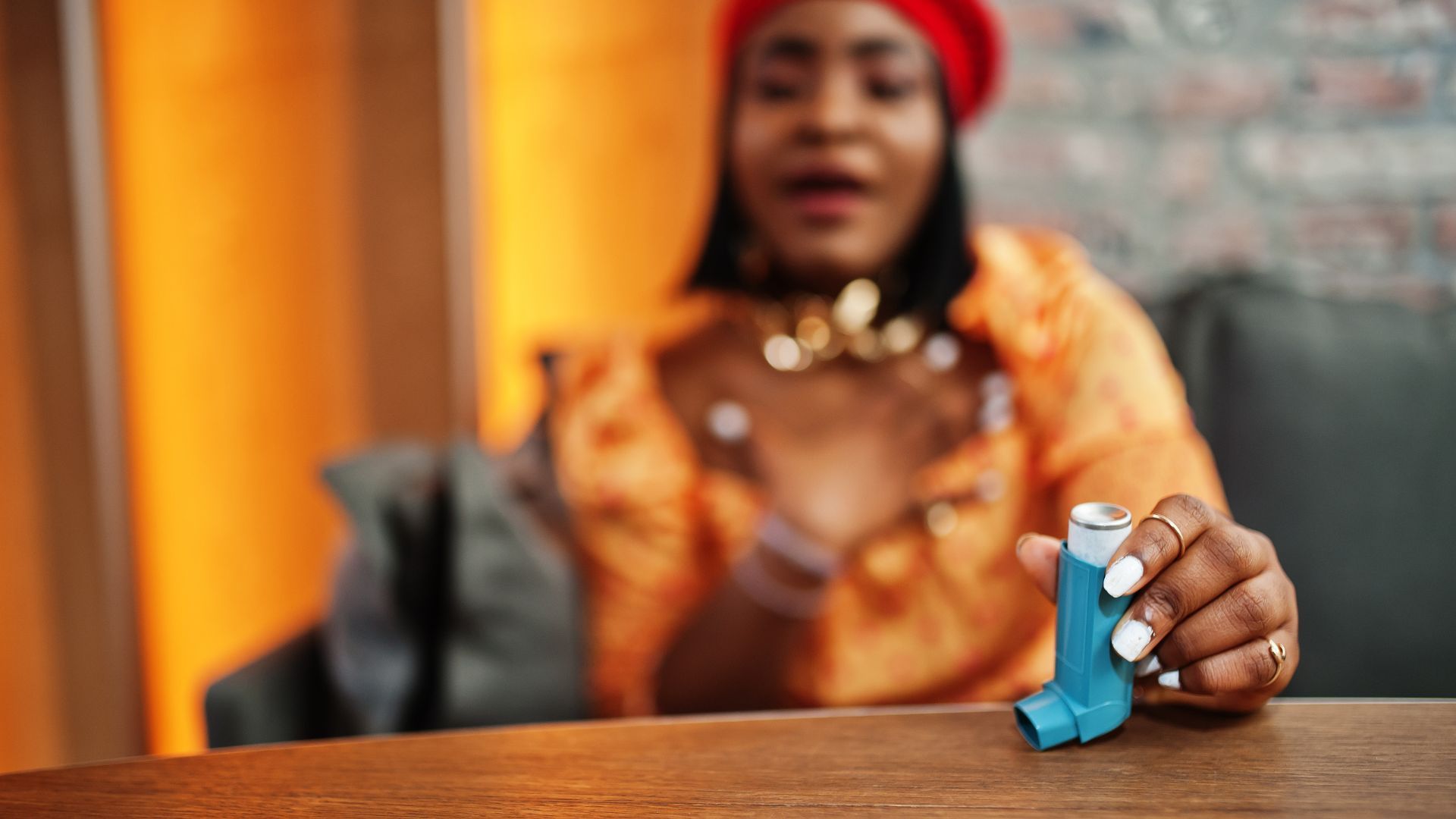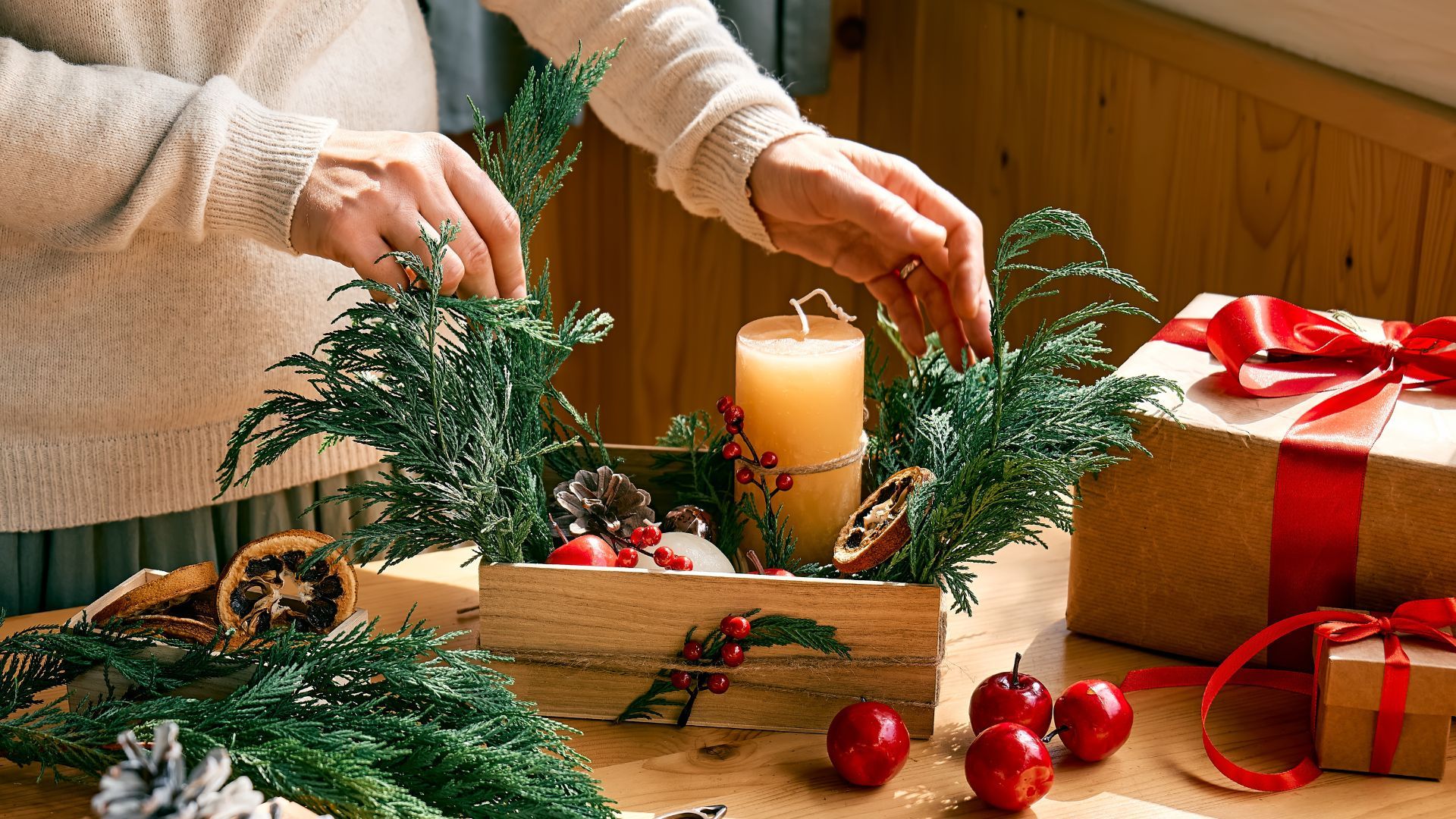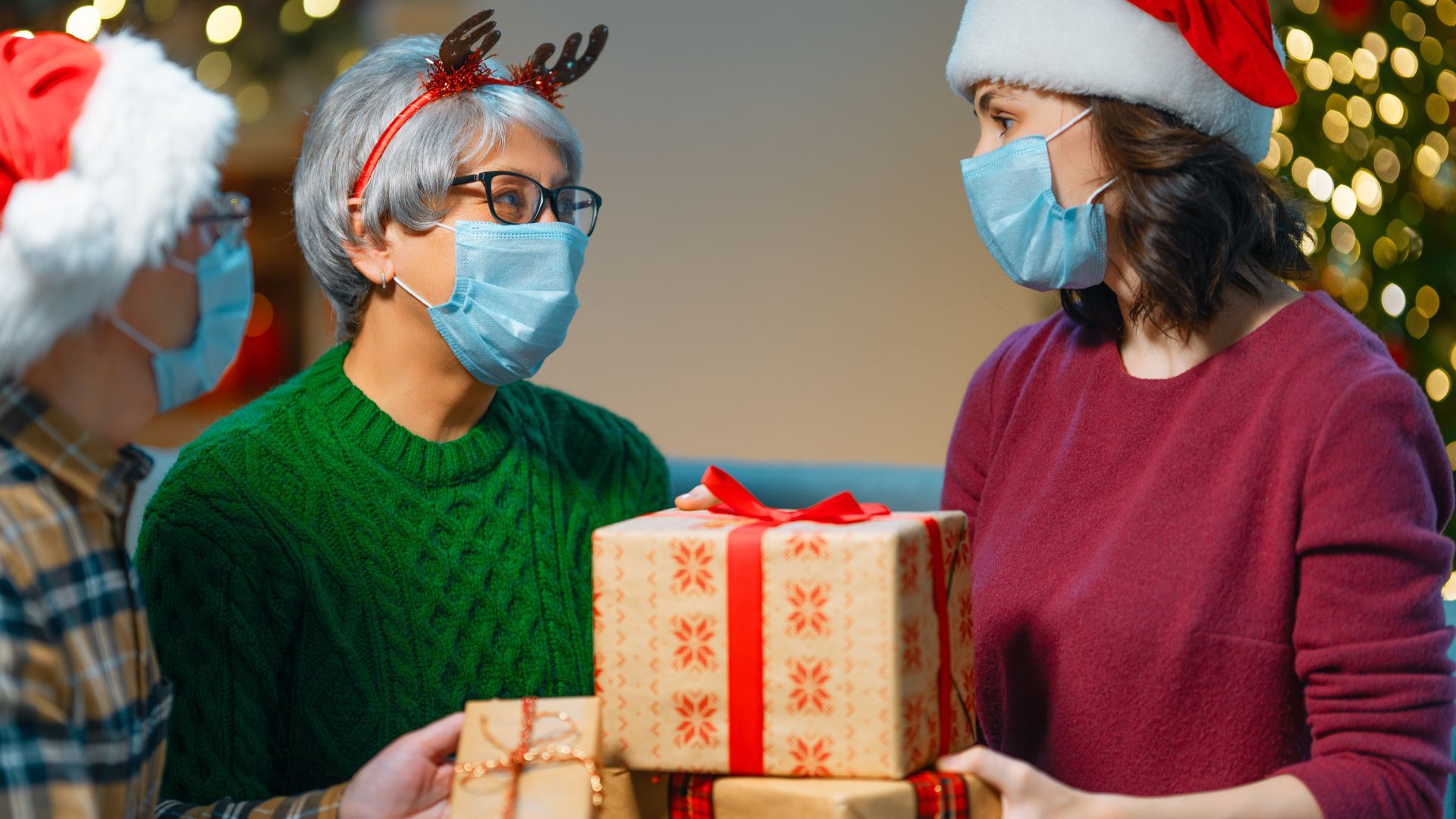How to avoid asthma attacks from holiday scents
Many things help lighten the wintry gloom in the holiday season. Yet, the holidays could also bring up unanticipated asthma triggers. Here are some seasonal asthma triggers to be aware of, as well as some practical ways to keep you safe.
December 15 2022 | Vidhi HamirwasiaHow to avoid asthma attacks from holiday scents
The holiday season is a time for joy and offers opportunities galore for sensory overload. There are tons of lights, amazing music, and fragrances around. The aroma of newly-cut trees or candles with cinnamon or pine scents can bring back pleasant memories for many people. However, these well-known scents pose a significant health risk for some individuals. Anyone could catch a nasal congestion, sneezing, and a runny nose from decorations that flood your home with seasonal scents.
Risk of asthma

More than a third of asthma patients reported irritation from scented goods. A third also experienced chemical hypersensitivity. For someone with olfactory sensitivity, these perfumes may be too potent, irritating the respiratory system to the extent of inducing an asthma attack.
Many people experience asthma attacks when they are exposed to anything aromatic, including live Christmas trees, pine cones, and candles. These individuals simply cannot have scents in their houses. There are, however, steps you can take to reduce your risk.
Minimizing holiday triggers
Say no to live trees
 An asthma attack is usually brought on by the dust and pollen that affect people. 70% of the fungus found in living trees can cause nasal congestion, tiredness, and asthma attacks. Additionally, the number of mold spores can increase fivefold within a house in just two weeks. Each person has a completely different response to trees. Along with the oils on the tree, chemicals are also produced whenever wood is chopped.
An asthma attack is usually brought on by the dust and pollen that affect people. 70% of the fungus found in living trees can cause nasal congestion, tiredness, and asthma attacks. Additionally, the number of mold spores can increase fivefold within a house in just two weeks. Each person has a completely different response to trees. Along with the oils on the tree, chemicals are also produced whenever wood is chopped.
Goodbye scented candles

Burning scented candles can cause the production of benzene and toluene, two volatile liquids contained in petroleum. The fundamental problem with scented candles is that they are frequently burned in poorly ventilated spaces and don't burn warm enough to eliminate the hazardous compounds they spew out. The likelihood of an asthma attack is increased by such a mixture.
Switch to an artificial tree
Choose an artificial tree if you want to avoid the scent of natural trees. However, make sure that it isn't covered in oils, spray-on snow, or products with a pine aroma. A variety of compounds found in spray-on snow, including methylene and acetone chloride, might trigger an asthma attack or any other allergic reaction.
Get a flu shot
If you're at a moderate to high risk of having an asthma attack, talk to your healthcare professional about taking a flu shot. It might shield you from conditions that might make you more susceptible to certain other asthma triggers.
No exposure to exposure

However, the only sure-shot strategy to reduce your risk of having an asthma attack over the holidays is to simply avoid anything that could irritate your lungs. Avoidance is the most effective preventative approach. However, If you can't avoid getting exposed, have your emergency inhaler handy. In the event that you are exposed to any compounds that irritate your lungs, advance planning could be quite beneficial.
Takeaway
As the Christmas season approaches, the most effective way to keep your asthma symptoms at bay is by being prepared. Make a plan of action with your doctor's guidance to address early indicators and control symptoms if they intensify.
Disclaimer : Beem Wellness provides general education on health and wellness. The content on this blog, website or any linked material is not intended and should not be considered, or used as a substitute for, medical advice, diagnosis or treatment. If you or any other person has a medical concern, you should immediately consult your health care provider.
In case of medical emergencies, please call 911.

